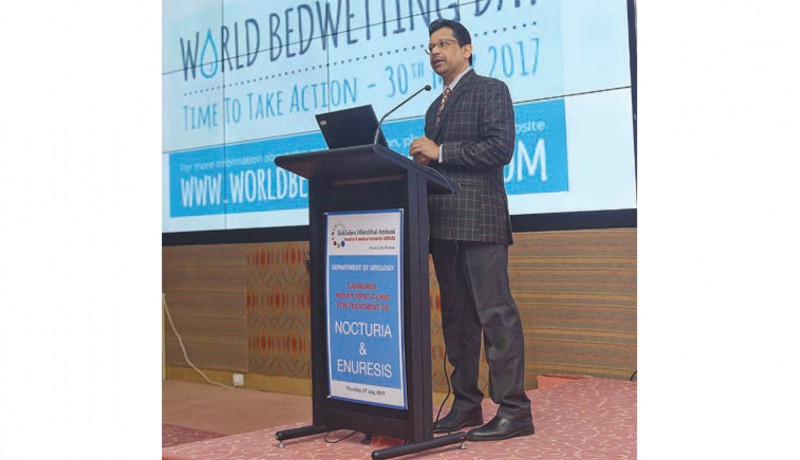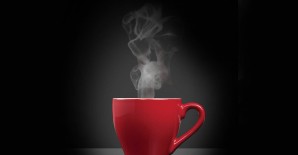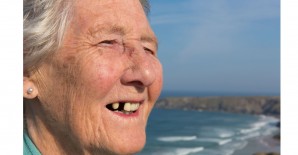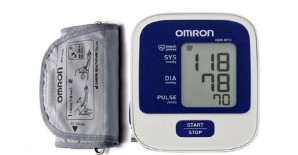
Health

Dr Sanjay Pandey, Head, Urology & Andrology, KDAH, answers some frequently asked questions related to night-time urination in silvers
What are nocturia and enuresis?
Both are different conditions related to night-time urination. Nocturia is the need to wake up frequently in the night for urination. If the urine output at night is greater than 20 per cent of the daily total in the young and 33 per cent in the elderly, the condition is called nocturia. Enuresis or bedwetting is a condition in which people pass urine involuntarily while in deep sleep. This is owing to failed coordination between the brain and bladder.
What are the causes?
Nocturia could be physiological, resulting from excessive intake of liquids such as water, beverages or alcohol at night. The prevalence of night-time urination increases with age in men and women owing to hormonal changes and an interplay of factors between kidney function, sleep pattern and medications. Other causes include untreated diabetes, reduced bladder capacity, oestrogen deficiency, primary polydipsia (excessive thirst) and uncompensated heart disease.
Enuresis could be a consequence of a smaller bladder, inability to recognise a full bladder, hormonal imbalance, stress, urinary tract infection, sleep apnoea, untreated diabetes or chronic constipation.
How do these conditions affect the elderly?
Interruption of sleep at night resulting from excessive urination leads to insomnia, daytime sleepiness, symptoms of depression, cognitive dysfunction and reduced sense of wellbeing and quality of life. Enuresis or unintentional bedwetting causes social embarrassment, takes a toll on confidence and affects the overall personality of the person.
Is nocturia a marker of any other phenomenon?
Nocturia could be age-related in the elderly or part of men’s diseases like benign prostate hypertrophy. Bladder stones and other lower urinary tract diseases could be picked up incidentally.
Are the conditions treatable?
The conditions are completely treatable. Early diagnosis and continuous management hold the key to speedy recovery. The line of treatment involves an integrated approach including counselling, medicines and lifestyle changes.
Featured in Harmony — Celebrate Age Magazine September 2017
you may also like to read
-
Hot tea!
If you enjoy sipping on that steaming hot cup of tea, think twice. New research establishes a link between drinking….
-
Weight and watch
If you have stayed away from lifting weights at the gym, thinking it might not be a good idea for….
-
Toothy truth
Research has established a clear association between cognitive function and tooth loss when cognitive function score was categorised into quintiles…..
-
PRODUCT OF THE MONTH
Automatic Blood Pressure Monitor Measure your blood pressure and pulse rate with no fuss Hypertension, or high blood pressure, could….







